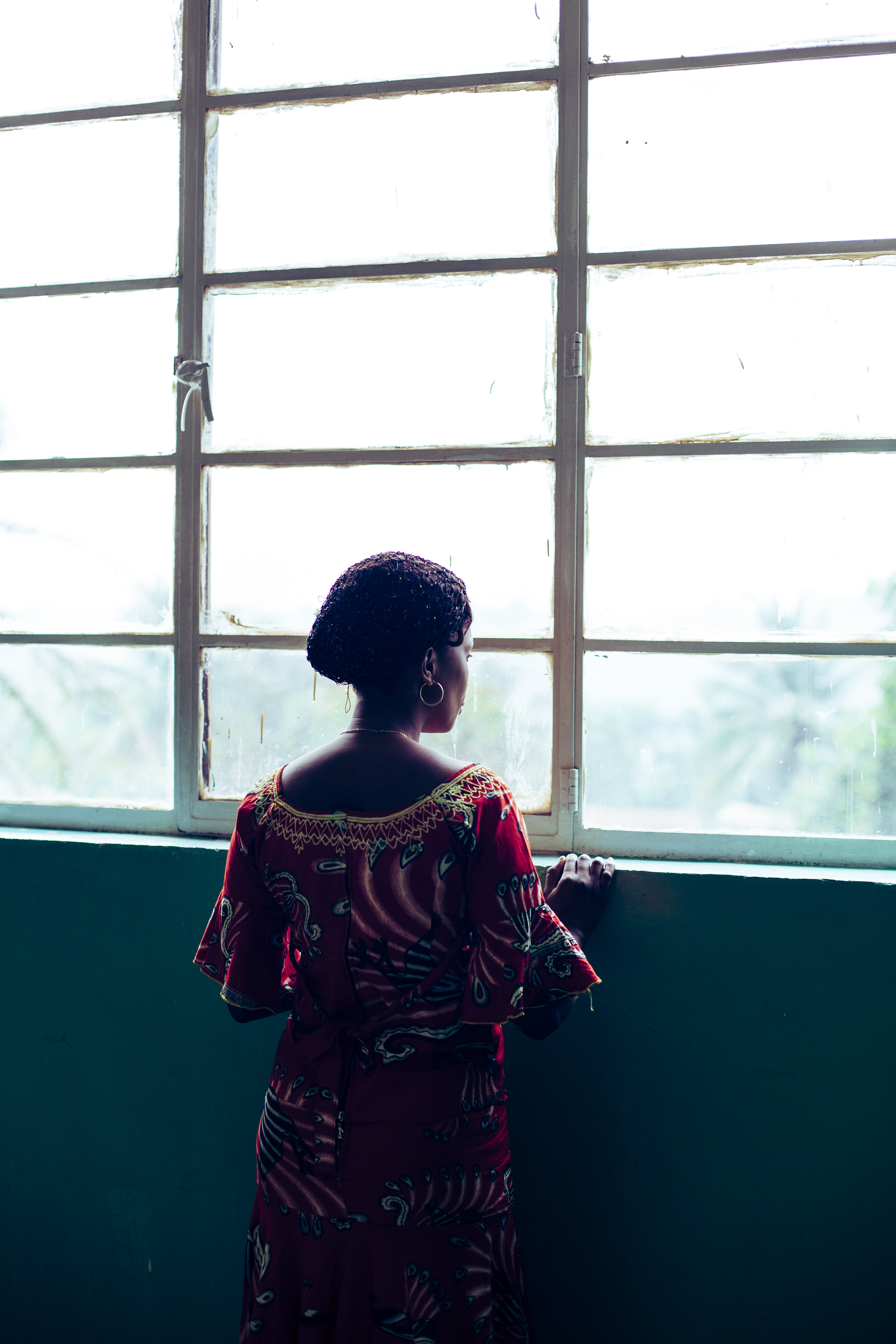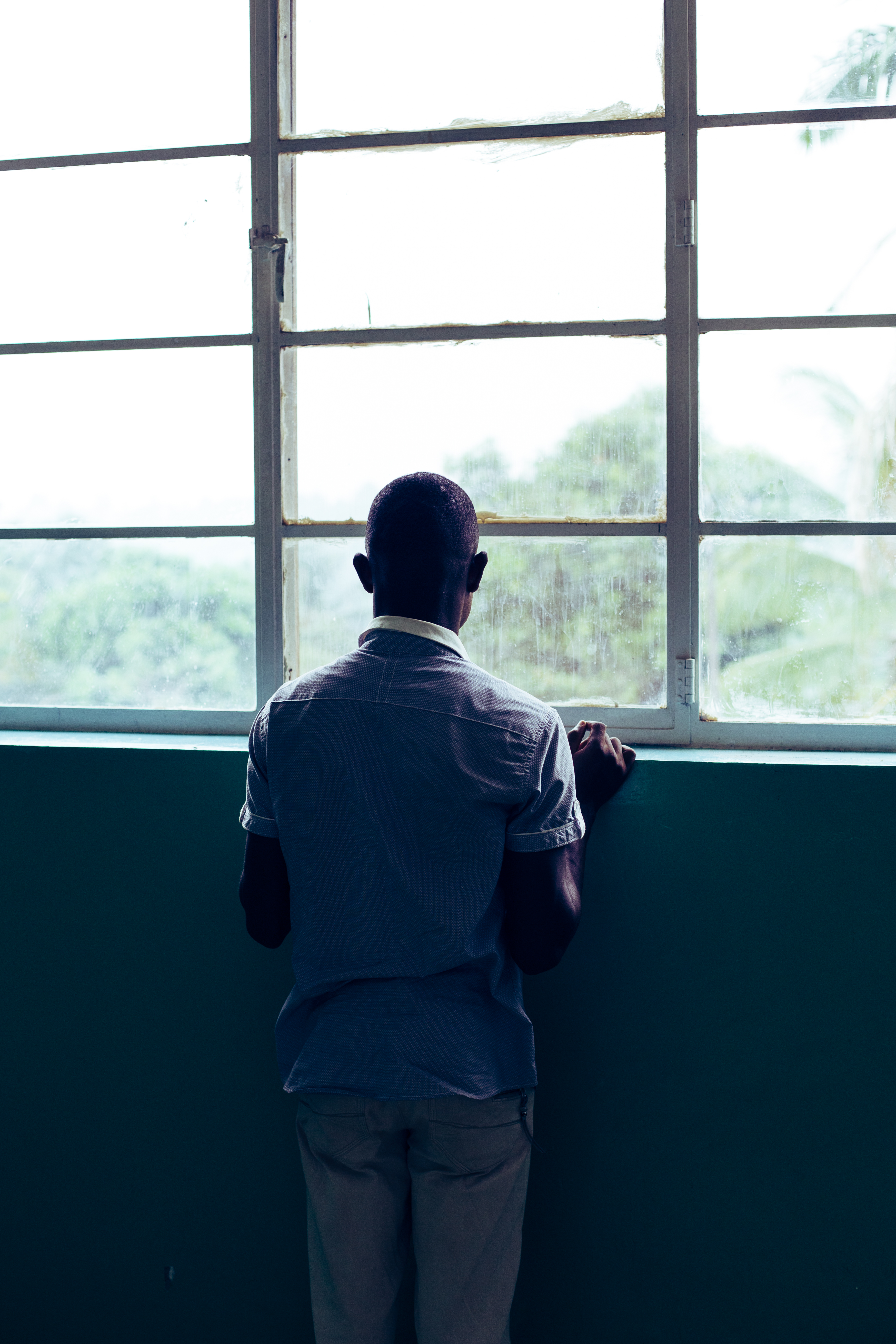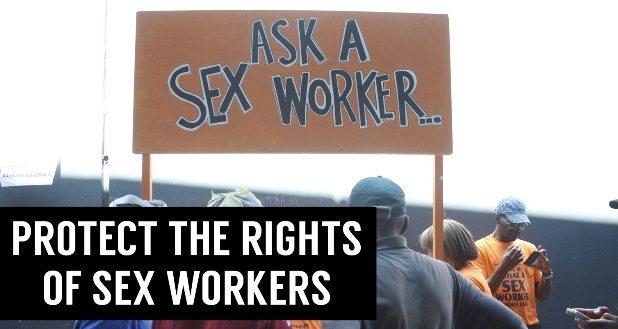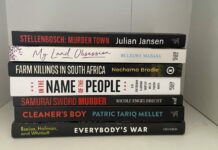These testimonies were collected during a field visit by a Doctors Without Borders (MSF) communications team to the Kananga project in September 2018. Kananga is the capital of the province of Kasai Central. MSF cares for survivors of sexual violence in the Kananga Provincial Reference Hospital, providing quality medical care and psychological support, free of charge. They currently see an average of over 200 survivors per month. Eighty per cent of the victims reported being raped by armed men. The vast majority of MSF’s patients did not seek care until one month or later after the attack, most commonly due to a lack of awareness about the existence of dedicated sexual violence care services, but also due to the distance needed to be overcome to reach MSF’s care in Kananga.
“My story happened on a Tuesday last year. I remember it as if it was yesterday: a group of men came into the house, and the destroyed everything – our things, and us. First, they raped my little sister, then my sister-in-law, and me last.
At the time, we didn’t speak out about it, or ask for help. It was only recently, one Sunday when I was at church, that I heard about care being provided for rape survivors . A female doctor had come to tell us about an organisation of doctors here in Kananga, that was treating rape survivors, even if the rape went back as far as last year. Once I’d heard this my husband also encouraged me to go to the hospital. He told me that it wasn’t my fault, and that I needed to get some treatment.
That’s why I came here. When I came, the doctors all greeted me with a warm smile and I felt really welcome. They gave me vaccinations, like for tetanus, and they did some tests.
They discovered that I had contracted syphilis. My husband also had to get care for this and he is on follow-up treatment.
Since I began receiving care, it’s going really well. I feel at ease now. I eat and I walk as I should. There was a period, before, when I trembled and shook a lot. Even now, sometimes, when there’s a sudden movement, I shake in fear. But it’s getting better.
Recently my sister-in-law also came to seek care, having seen the changes it was making in me. My younger sister, on the other hand, is in Lubumbashi. She went there after it all happened and she won’t be coming back.”
Pitshou – “They made us rape our mamans”
“I said to the psychologist, when I tell this story I see a film playing in front of my eyes, in my head. A film – or a dream? I don”t know. If I go to sleep, I can sleep without end, more than 20 hours at a time.
It happened in August, when I returned to my village. Some armed men came to attack us. It was in 2017 I think. I don’t remember well, it’s all still very confused for me. They crossed the river to my village, and killed lots of people. I fled along with some other young people . But on the way we were caught by another group of armed men that we ran into. They took us with them, back to the village, where they tortured us and treated us like slaves. We had to go and collect water for them. We also had to do things more horrible than that: they forced us to rape several of the mothers of our village. When I say “mother,” it’s a Congolese expression. None of them was my mother but they were the mothers of our village nonetheless. All the young men of the village were forced to do this. If someone didn’t do it, they were killed. I don’t remember well, but I think I had to do it to six or seven women.
When the armed men had gone, local authorities came from Tshikapa to find us, as if we too were criminals. I fled with some of the other young men but we split into different directions and I began to walk on my own. At the time I wasn’t working because I had had a kidney operation 10 months earlier and I was still recovering. After two days I began to feel really unwell, just like after the operation.
I arrived here three months after all that happened. I didn’t know if there was any care available for someone like me. But I heard about MSF at the church where I go to pray, when a doctor working at the hospital came to talk about the free care being offered there.
When I went to the hospital the doctors and the lady psychologist took me into their care. My kidneys were really hurting me but things weren’t going well in my head at all, either. I had to undertake some tests and I spoke a lot with the psychologist. Since then I’ve been taking medicine and I’ve noticed some changes: I have less pain, even if I’m not fully well yet. I feel that I’m on the way to something better, but I’m not completely sure yet. Sometimes I find myself taking to myself, as if in a dream.”
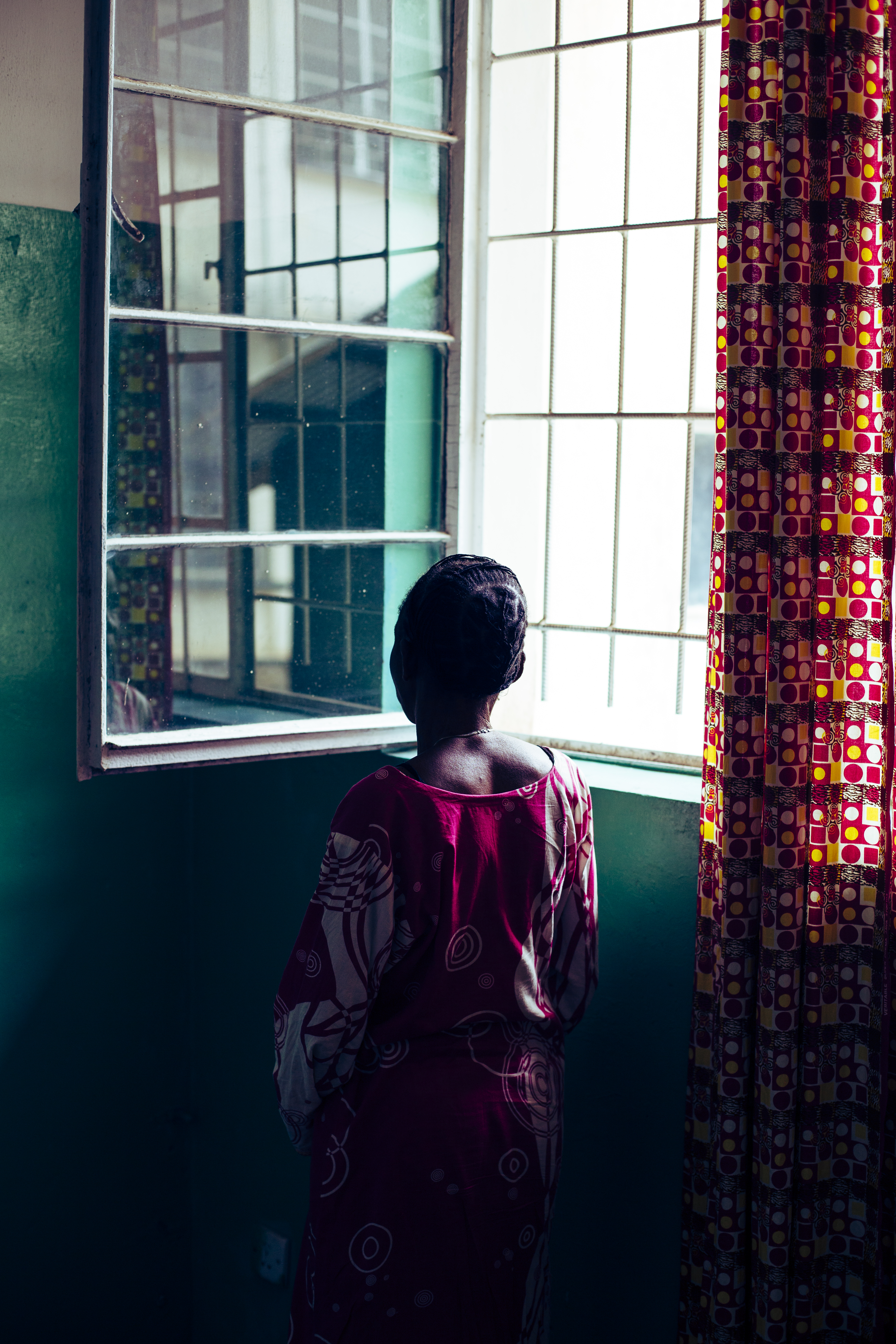
“I was at home when armed men came and killed my husband. They decapitated him and stole all our possessions.
I was raped in my home, next to my husband’s body, in the presence of my children. It was last year, during the violence. I had five children. They killed three of them, leaving me with just two. They raped my three oldest girls before killing them. I was left with the two youngest: a 12-year-old boy and a nine-year-old girl.
They stole all our belongings, they took everything. Then they forced us out, without giving me time to get dressed. I was naked from the waist up. I just grabbed something to cover my chest as we were chased out of our home.
I started walking with my two children through the bush to Tshikapa. I didn’t know where we were going, I just started walking. After we got to Tshikapa, my children got sick. We were taken in by an organisation that helped us and gave us a little money.
I decided to return to Kananga, where I used to live, together with some other women. We took the road hoping to catch a ride with trucks that pass on their way to the city. While on the road, before we got to Kananga, we were confronted by armed men. Again, they raped us. There were three of them.
After that we hid so as not to be raped again. But I started to feel unwell.
When we arrived in Kananga, I heard about doctors from Doctors Without Borders who were looking after women but I didn’t know where. I asked around but people in the community didn’t want to help me. They all asked for money in return. It was at the church that I got the information I needed.
Before getting to the hospital I was very worried. I was so weak and had a lot of pain in my lower abdomen. While in the bush and on the road I had nothing with me to eat, and what I found was sometimes not enough – like a ball of fufu [cassava] for me and my two children. I had no money and the clothes I was wearing were torn apart.
When I got here at the hospital, I was given medication and examined by a doctor. That’s how I found out I had HIV. This worries me a lot, because I fear I don’t have long to live.
When I came here to get help, I left my children at the church, where people sometimes come and give us something to eat. I don’t know how I can provide for my children, and that also worries me a lot.

![Hospital room [wikimedia commons]](https://www.thedailyvox.co.za/wp-content/uploads/2014/11/Hospital-room-wikimedia-commons-e1444127802520.jpeg)
